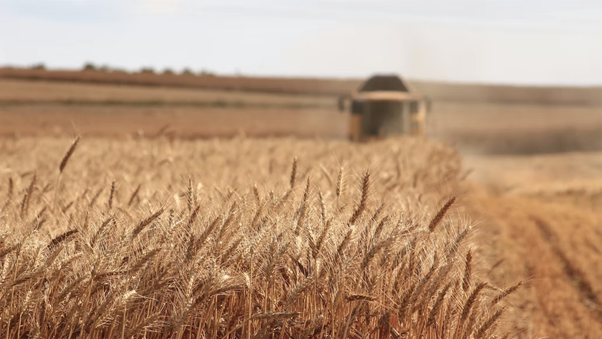How the EU is promoting sustainable agriculture in Africa
By 2050, 60% more food will be required to feed a world population of 9.7 billion. Producing more food with traditional agriculture will stress the earth’s limited natural resources. To avoid such a scenario, greener, sustainable, and modern agricultural practices need to be followed. More efficient food production along with a reduction of food wastage at different levels of the food supply chain will ease our ecosystem while making more food available for all.
Under such a pressing situation, we fully support the recent commitment of EU Agriculture Ministers to work together to ensure the benefits of progress are felt by the most vulnerable countries. As one of our long-standing institutional members, the EU is a key contributor to our mission to alleviate poverty among smallholder farmers by improving their productivity and incomes. The challenges of global shocks such as the pandemic, the war in Ukraine and climate change, have exacerbated poverty and inequality in many poor rural communities, which makes our mission more important than ever.
EU initiatives during this time have proved to be a vital lifeline for many. For example, EU Solidarity Lanes have opened up critical grain supplies to Africa which imported more than 40% of its wheat from Ukraine and Russia before the war reduced production and blocked ports. At one stage around 20 million tonnes of grain were stuck in storage silos near the Black Sea.
This builds on agreements made in 2016 between the EU and the African Union (AU) to develop agriculture and agri-food businesses that promote sustainable development and job creation in Africa. In 2019 the Rural Transformation Action Agenda was also launched to promote research, innovation and digital solutions in the sector. EU ministers also discussed the urgent need to develop crops that are resistant to drought, frost, disease and pests, and that require less pesticides and artificial fertilisers. Through international collaboration this kind of innovation can then be shared with farmers across the world.
Developing world needs EU’s continued engagement to make their agriculture climate smart and resilient. Agriculture in the developing world is indeed plagued by low productivity, under-investment, urban-biased policies and bottlenecks preventing women’s access to productive and cheaper finance, including secure land tenure. All these results in low value addition and widespread poverty and hunger.
To address the above, EU may review its own policies that hinders trade with the developing world, while also help implementing policies that provides cheaper finance for smallholders and SMEs (small and medium enterprises) in the developing world including implementation of the newly established African Continental Free Trade Area (AfCFTA).
As negotiators prepare for the global CO27 in Egypt next month, CFC wishes to see improvised innovations and partnerships that will help us build stronger food systems and agricultural value chains, that improve the livelihoods of smallholders and their communities.

